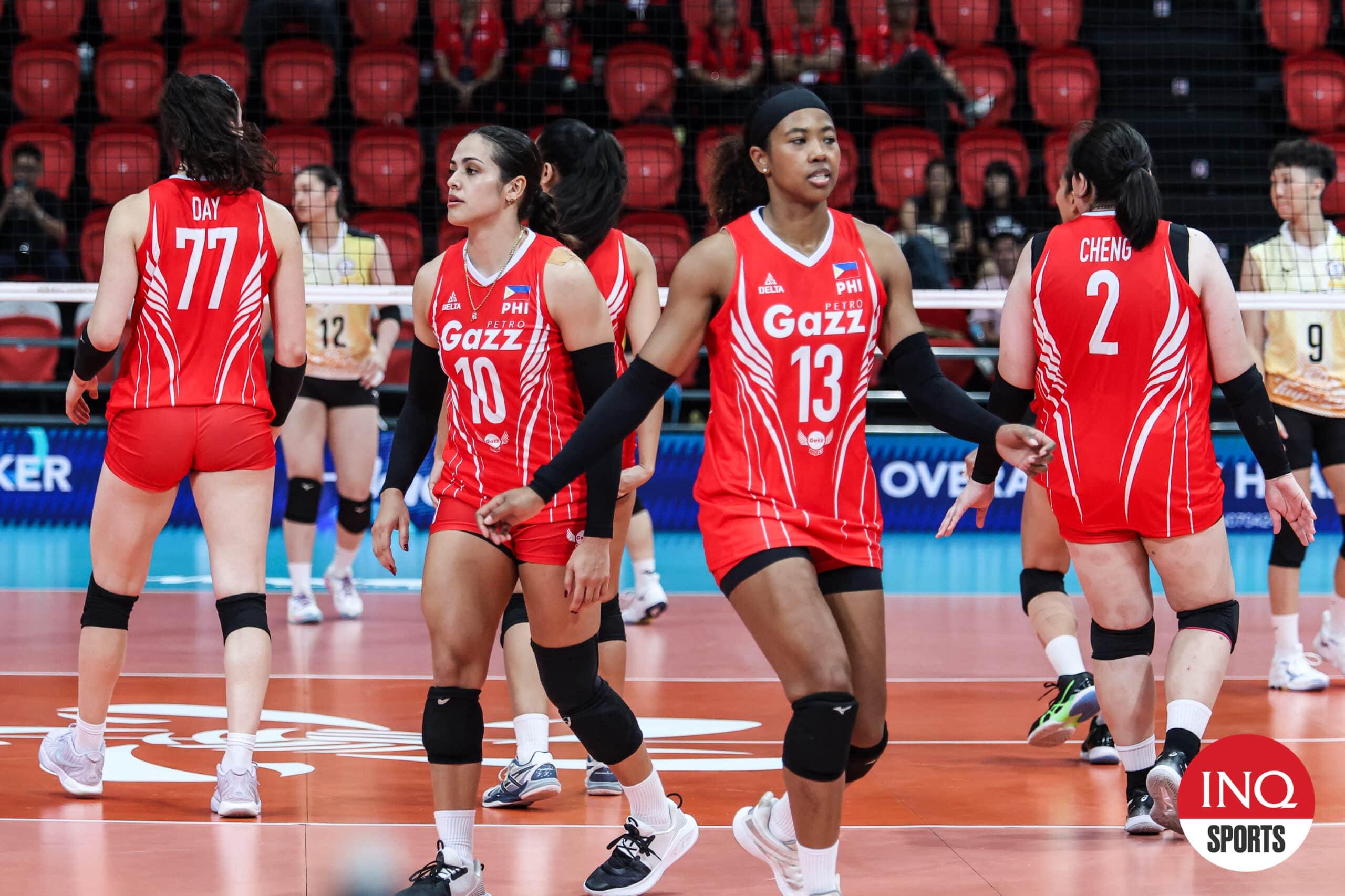Siblings are going to fight. It’s a normal part of growing up. But if it feels like they’re engaging in fisticuffs all the time, it might be wise to take a step back and ask: are you fuelling their behaviour? That’s according to parenting coach Tia Slightham , who said “the reason [sibling bickering and fighting is] more common than not is because typical parenting tactics teach our kids to argue more”.
She even suggested these parenting strategies “create more competition and our kids will fight more often” because of them. So, what might we be doing wrong? The solution, said Slightham in a TikTok video , is to shift our parenting so we shift our children’s responses and behaviours . Her first tip is to stop labelling your child.

Whether you call them “slow” because they don’t get ready quick enough in the morning or “fussy” because they don’t eat their veggies, or even “naughty” because they’ve done something you disagree with. “Our kids will live up to those expectations and keep doing the things that we don’t want them to do – but they also argue and complain because the other child isn’t those things or is those things, and so it creates competition which creates rivalry.” She also urged parents to “never get involved” in sibling fights unless you’ve seen or heard what’s happened.
“Do not be an unfair judge – if you don’t see it, you don’t hear it, you don’t get involved,” she said. And lastly, if you do get involved, your children should “all get the same consequence,” she added. Be the facilitator instead of the judge In a separate video, the parenting coach described parents who get involved and dish out unequal (and potentially unfair) consequences to children as the judge, and not the facilitator.
“Let’s say you’re on trial for your life and you are not guilty – and the judge hears the other side of the story, listens ...
and then comes back without listening to you, rules you guilty,” she explained. “You would be mad, frustrated, so upset ..
. Your kids feel like that when you come in as a judge and get to decide based on somebody who’s tattling or crying or who has a red mark, who is going to be in trouble and who is not.” Instead, she recommended helping children to problem solve.
Sit down with them and give them the chance to explain their side of the story and help them figure out what is going to be a solution to the problem. If you help them figure it out, next time they might even be able to avoid a fight. Heather Rutherford from the Parenting Partnership offered a helpful example of how to respond in these instances.
When things are heating up in a sibling argument, she advised taking a deep breath and simply stating what you see. She offered the example of: “I see two boys who both want to play with the same car. I see one boy who used to have the car and still wants to play with it.
I see another boy who wants to play with it as he now has it.” Doing this – and saying it calmly – simply gets their attention, shows you are objective and (hopefully) deescalates the situation, she suggested. Good luck! Related.
...
Sports

The One Parenting Mistake That Might Be Fuelling Sibling Rivalry

This actually makes a lot of sense.















